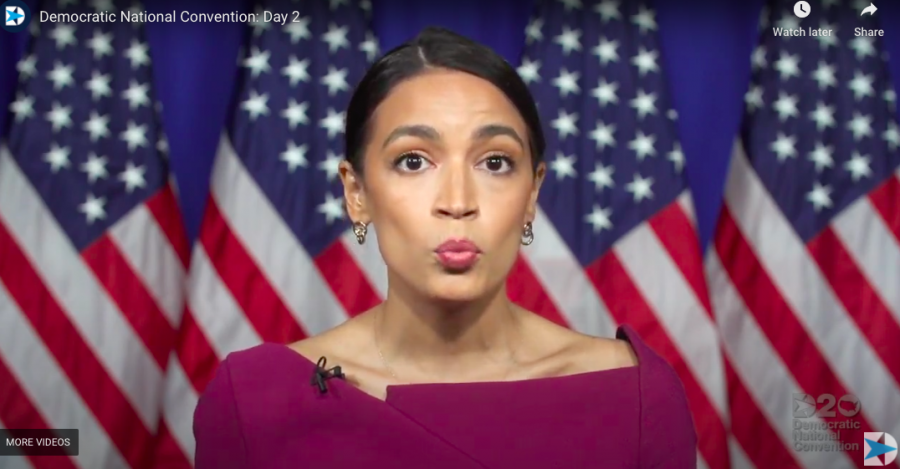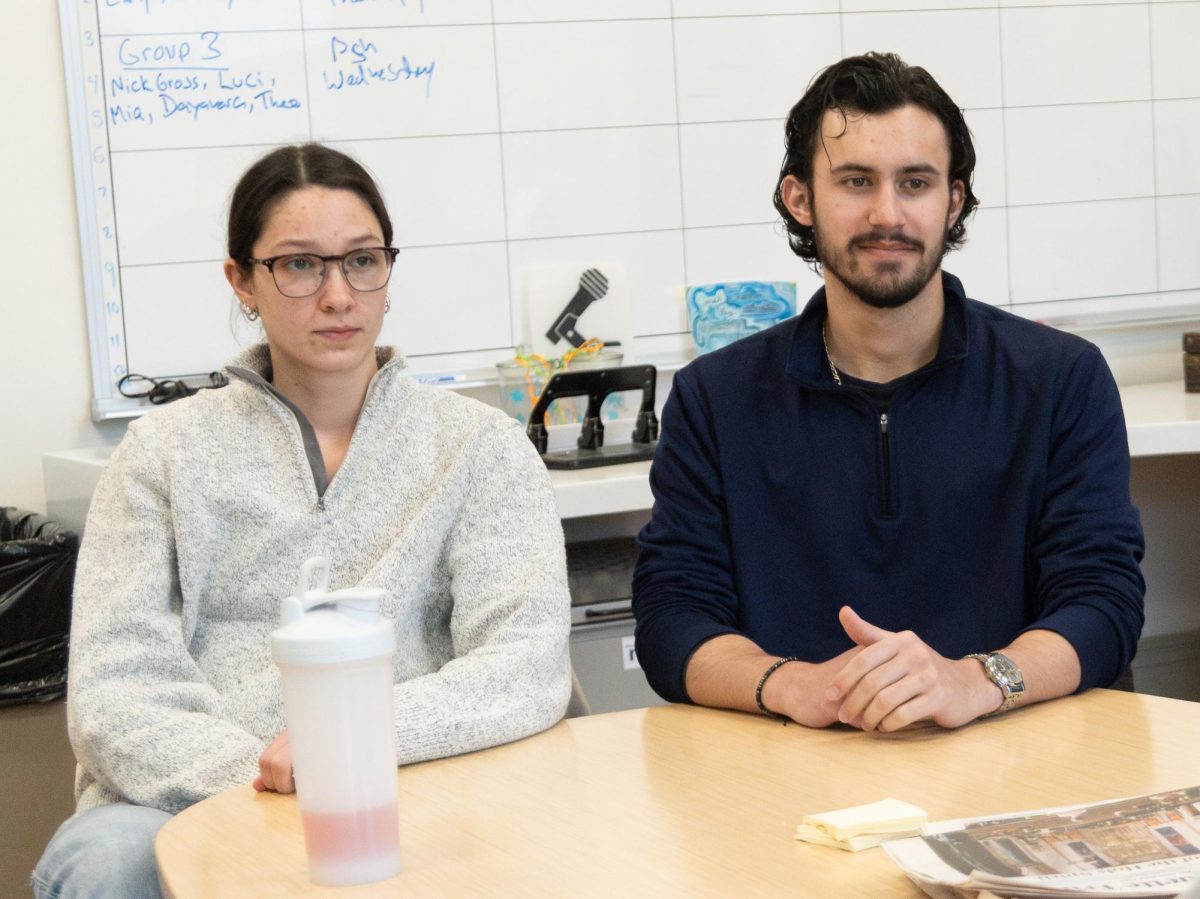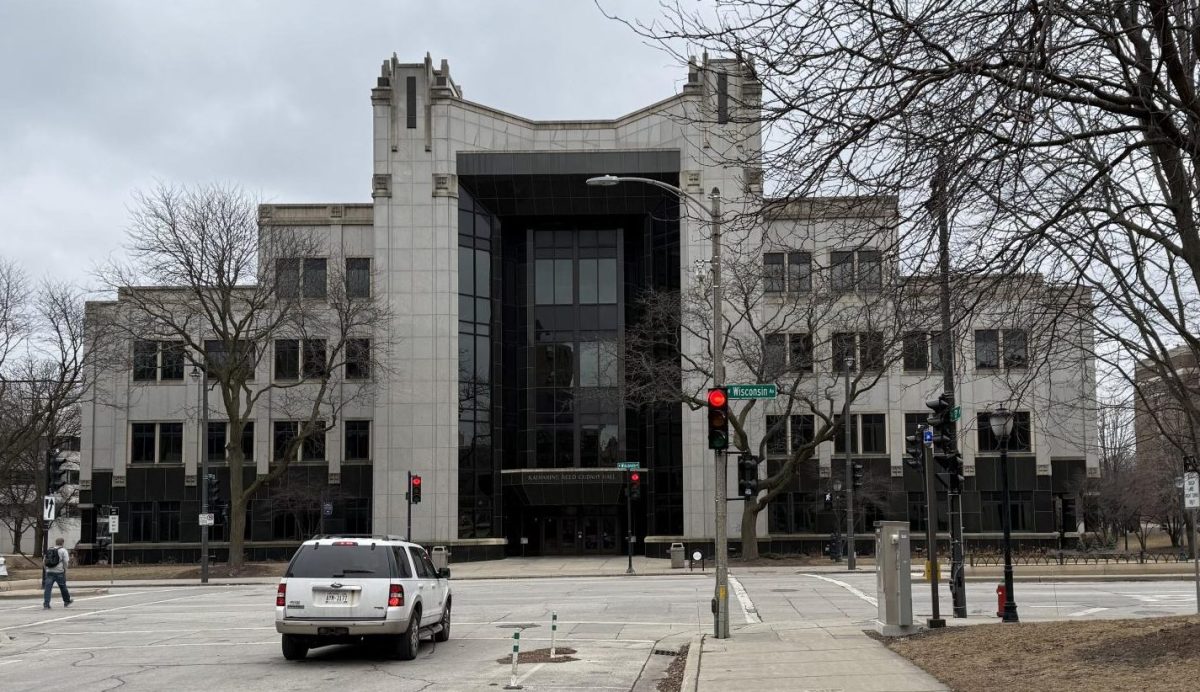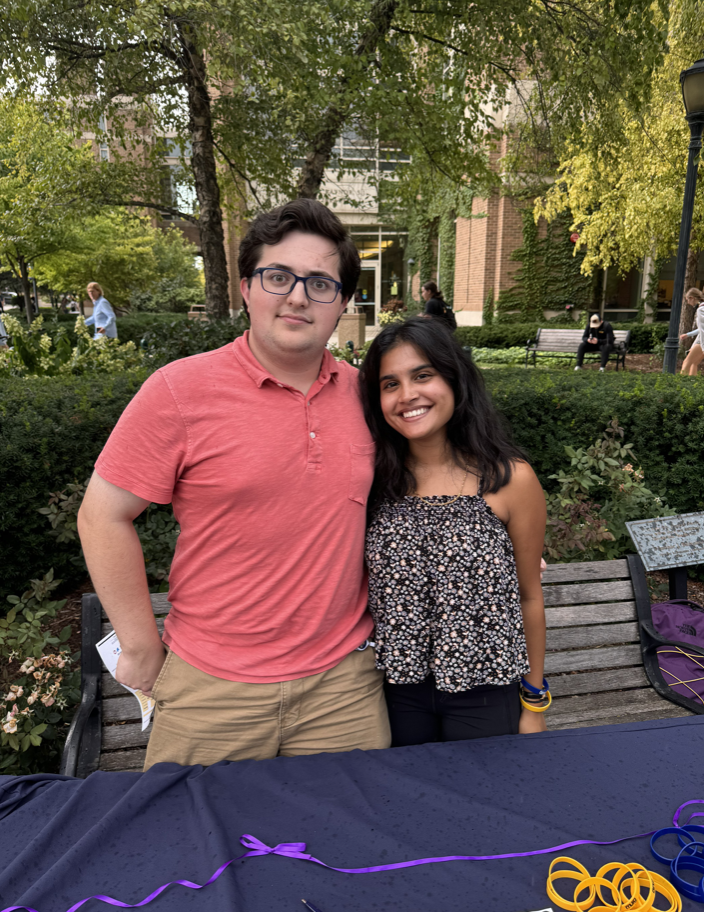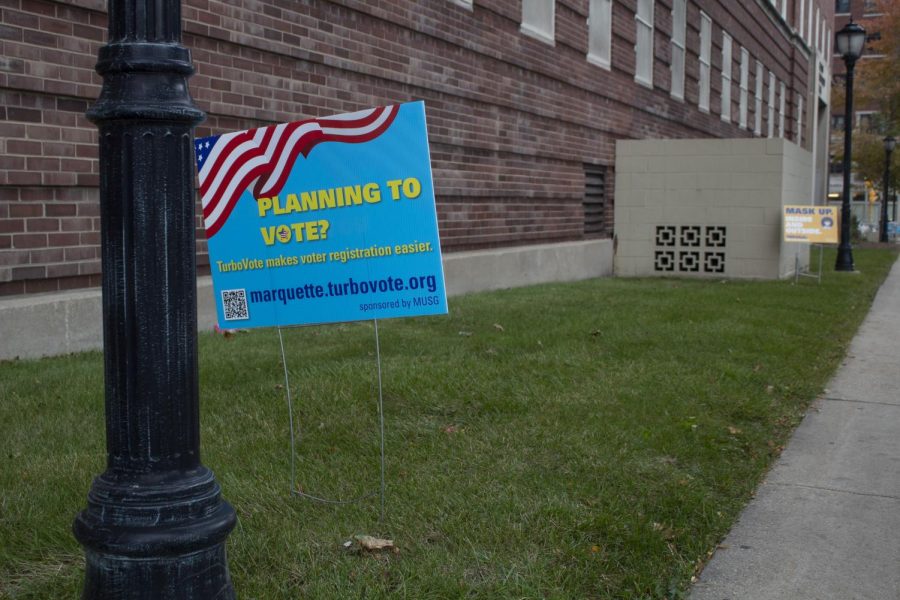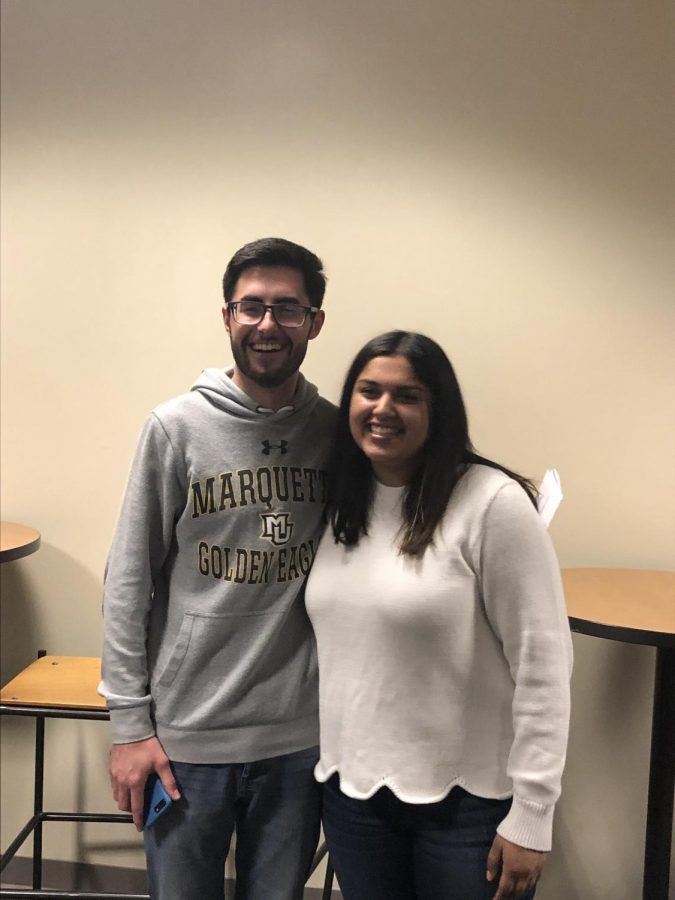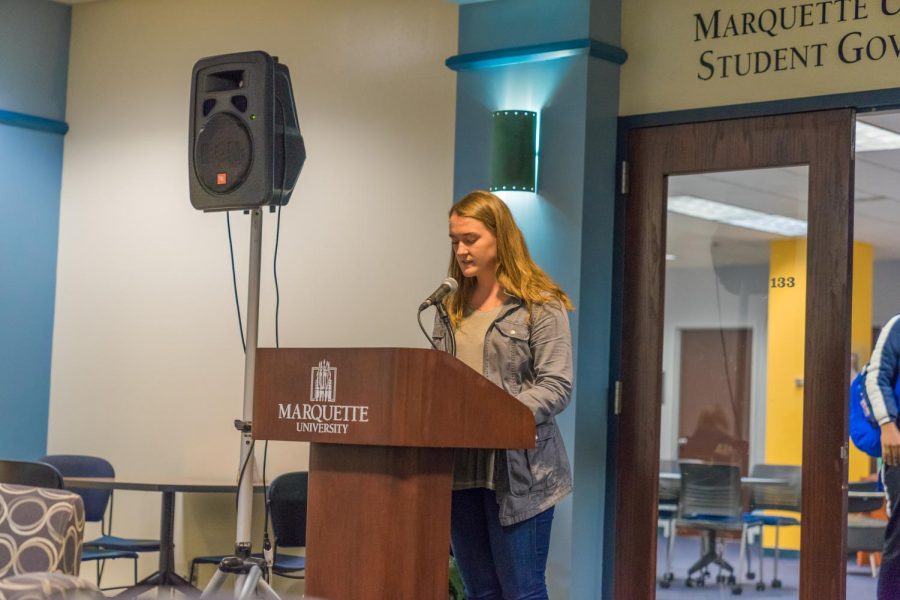
In 1988, the Tribune editorial board offered support for both MUSG president and executive vice president candidates, until then-candidate Scott Walker released a brochure slamming his opponent and used his campaign staff to pick up and throw out copies of the Tribune. The Tribune then retracted its original editorial supporting both candidates and instead threw its support behind Walker’s opponent, John Quigley.
The Tribune has not been particularly active in MUSG endorsements since then, but this year, our editorial board wanted to change that. However, based on conversations we’ve had – some of them off the record – with those involved about the candidates and how this campaign has transpired, we do not feel we can in good conscience endorse either ticket.
Certain aspects of both tickets did show some promise. In our interviews with both sets of candidates, Sam Schultz displayed motivation to improve MUSG from within, and his heart seems to be genuinely in the right place. He also portrayed strong leadership skills, intellect and dedication.
Similarly, Thomas Schick showed the potential to be a pivotal member of MUSG, and we appreciate his involvement and past achievements in the organization.
We stated in an editorial last week that the chaotic elections process this year would likely not improve the 17 percent voter turnout from the primary, nor influence general feelings of students that MUSG is more or less an ineffective governing body. We hoped to find that one of the tickets would present itself as the clear choice to change poor perceptions about student government and help the organization evolve, but we had too many reservations about each ticket to make that conclusion about either one.
Calls for “more transparency” and “outreach” are only meaningful if the promises are backed with the necessary experiences and are given in good faith. We expect our candidates to do more than “talk the talk” when running for office; we expect their behavior to reflect their words. While we saw glimpses of those good intentions during our interviews, the signs to the contrary outweighed any hope of a clear-cut recommendation to Marquette students.
We are by no means discouraging students from voting or caring about the election process – we sincerely hope more students become engaged. But in this race, based on the past events and the conversations mentioned above, we cannot endorse either ticket on principle. If the way this campaign was conducted is any reflection of how the eventual winners govern, the future of MUSG could be very troubling.
Each ticket of course has strengths and weaknesses that the other does not. Whoever wins tomorrow’s election will do so based on perceived qualifications, and we hope the victors become the leaders MUSG needs. We would never have considered endorsing if we did not have that desire.
The same can probably be said for the Tribune editorial board in 1988. Its members, too, strived to get involved in the electoral process, only to find that their principles prevented them from making a decision based solely on the issues.
It is unfortunate that we have gone 25 years without making major waves with our support in an MUSG election. But once again, in 2013, the Tribune will not endorse candidates for student government president or executive vice president.


